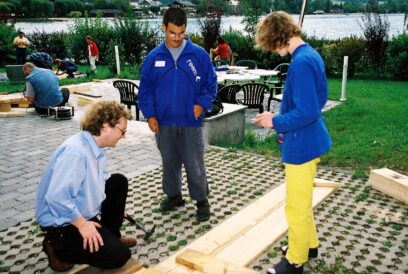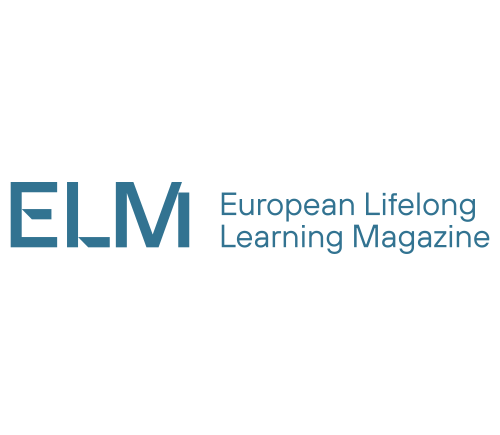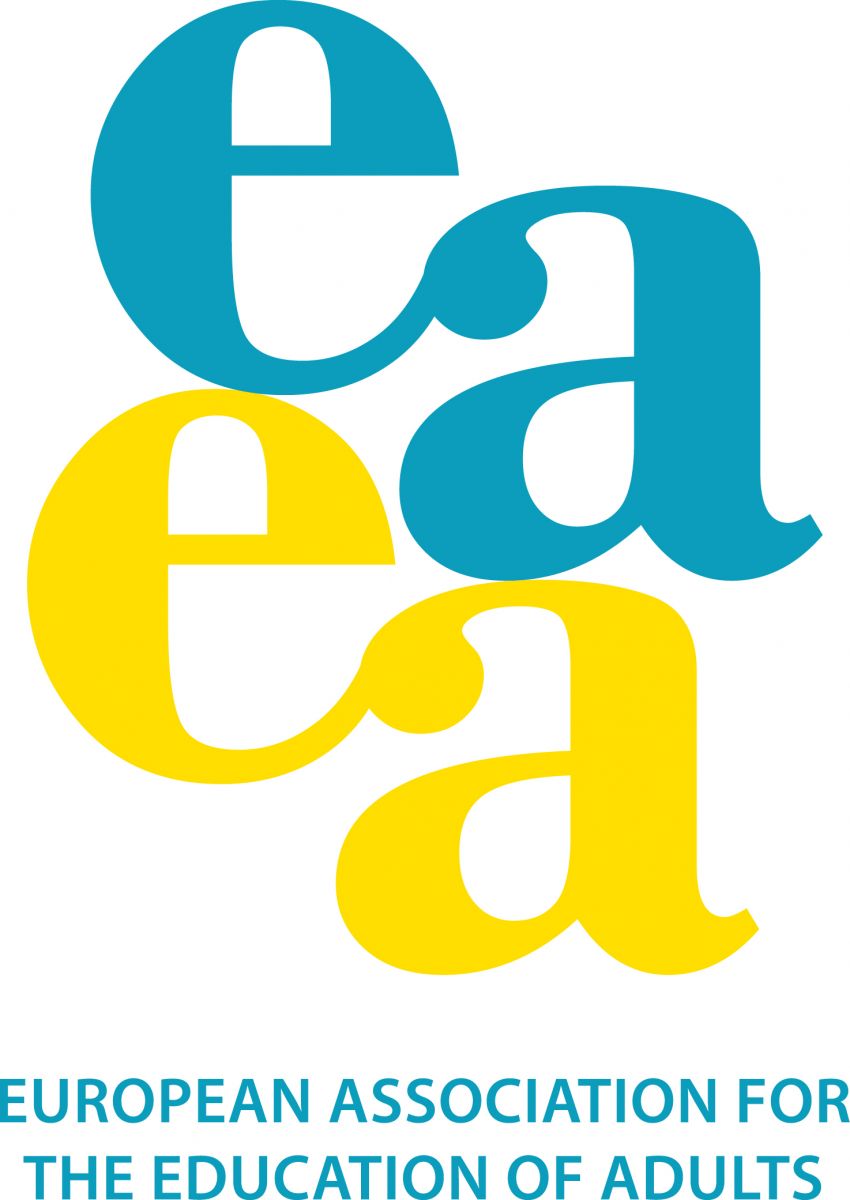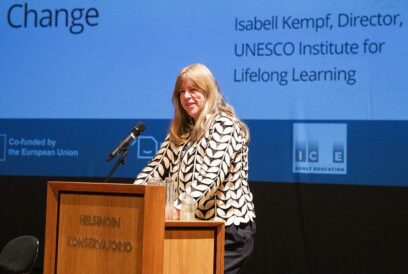

EAEA calls for investment in adult learning as PIAAC results are launched.

The European Association for the Education of Adults (EAEA) welcomes the launch of the results of Programme for the International Assessment of Adult Competencies (PIAAC) yesterday the 8th of October. PIAAC clearly demonstrates that Europe needs to invest in adult education – it is a loud wake-up call to Europe and the member states to start acting NOW.
EAEA hopes that the PIAAC results will lead to a European-wide debate on the skills and competences of adults, raise the awareness for and increase investment in adult learning. The assessment proves the requirement for continuous learning in Europe, underlining “a strong positive relationship between participation in adult education and skills proficiency”. We need a ‘Learning Europe’ where everyone can and wants to participate in learning. The PIAAC publication states that “While countries cannot change the past, policies designed to provide high-quality lifelong opportunities for learning can help to ensure that the adults of the future maintain their skills” (Skilled for life? Key Findings from the Survey of Adult Skills, p.13).
-PIAAC shows that in average 20 % of the EU adult population have low literacy and numeracy skills. Urgent action is needed to improve literacy across Europe.
-Additionally the skills of a person tend to decline over the years if they are not used frequently. Therefore PIAAC proves that the literacy gap in literacy proficiency between generations is getting wider. The level and distribution of skills differs markedly across countries, within countries and between generations.
-PIAAC clearly demonstrates the need to encourage disadvantaged adults to improve their proficiency and EAEA agrees that it takes innovative approaches, community involvement as well as investment to reach out to disadvantaged learners.
We believe that adult education is the key for more knowledge, skills, competences and participation in Europe. It has the potential to increase competitiveness and employability but also democracy, inclusion, health and well-being. EAEA would therefore like to underline the following eight recommendations.
Eight recommendations
1. Public investment in adult learning.
As the PIAAC results show, public investment in adult education and learning is crucial especially for those who left initial education without any qualifications and those who are living in poor households. In combination with campaigns and promotion, investment in learning infrastructure and adult education staff, as well as training and courses are needed.
2. European and national campaigns underlining the personal and social benefits of non-formal learning.
All too often, education and training are presented as necessities and obligations, which will keep away those with negative learning experiences. Non-formal adult education has the possibility to reach people who are distant to the formal education system and educational achievements.
3. Provision of basic skills training in close cooperation with civil society organisations.
Literacy as a continuum is the most significant foundation for an active participation in a rapidly changing society, which is about comprehensive lifelong and life wide learning including numeracy, IT skills, civic and financial literacy. In order to tackle the Europe wide problem of low literacy among persons of all ages, we recommend close cooperation between governmental and civil society organisations in order to raise awareness and develop appropriate measures.
4. ‘One step up’ adult education initiative.
The initiative will qualify a certain number or percentage of the population to secondary-level schooling, engaging all relevant stakeholders.
5. Acknowledgement of the potential role that adult education can have in times of crisis (both personal and social).
Participating in learning activities can provide a stable time framework, a community, a chance for re-orientation, a safe place, a new challenge, social recognition, and end up being an important tool for empowerment.
6. Establishment of coherent lifelong learning systems.
It should be possible for everyone not only to advance to the next level, but also to change direction. These systems can be an incentive for people to continue in their learning career. The integration of informal and non-formal learning in National Qualification Frameworks is therefore a crucial development.
EAEA recommends setting up an integrated system with an emphasis on recognition of prior learning. Additionally, individual education and training courses should count towards a recognised qualification, which might encourage many more people to enter an educational pathway.
7. Reaching out to under-represented groups
EAEA also draws attention to the different under-represented groups and possible target groups who may need special measures to attract them back to learning (e.g. migrants, older people, prisoners, etc.). One size does not fit all; learning offers should be tailor-made so they are relevant to the groups concerned. Unfortunately when innovative and successful projects are set up to attract particular groups, they are often short lived because of a dependency upon short-term funding and the methodologies not being mainstreamed.
8. Cooperation among stakeholders that act simultaneously at various levels in a coherent way.
In order to achieve a higher participation rate and to overcome barriers to learning, partnerships on different levels and a close cooperation with civil society organisations (CSOs) are necessary. The financing of CSOs is crucial so that they are able to reach out to learners. In addition to civil society organisations, a number of other actors needs to contribute to more adult learning in Europe:
a. Social partners: Both employers’ and employees’ representatives can be a driving force in the education and training of workers.
b. Companies: Skilled workers, whose competencies are kept up-to-date and who have a chance to develop professionally within their company, are the main assets of firms. Companies that invest in training and education have a much higher chance to survive and prosper in the competitive markets of today.
c. Small and medium sized enterprises (SMEs): Investing in training is often a challenge for SMEs (limited time, personal and financial resources). EAEA would like to underline that there are many good practice examples for solutions to such problems as. We propose an increased and strategic dissemination of these good practices among SMEs. Even and especially for SMEs, education and training can make a big difference for their competitiveness.
Background
The OECD Survey of Adult Skills, also known as PIAAC, is an international survey carried out in 24 countries. PIAAC measures the key workplace and cognitive skills needed for individuals to participate successfully in society and for economies. The collected data assists governments in assessing, monitoring and analysing the level and distribution of skills among adults.
European Association for the Education of Adults (EAEA) is the voice of non-formal adult education in Europe. EAEA is a European NGO with 116 member organisations in 43 countries. It represents 40–60 million adult learners Europe wide.
EAEA will further analyse and discuss the PIAAC results, please follow us on our designated website: www.eaea.org/piaac
CONTACT INFORMATION
Gina Ebner
EAEA Secretary-General
+32-02-234 37 60
gina.ebner@eaea.org
Read also LLinE’s first reaction to PIAAC results, and Andreas Schleicher’s interview on PIAAC aims from an earlier issue.





